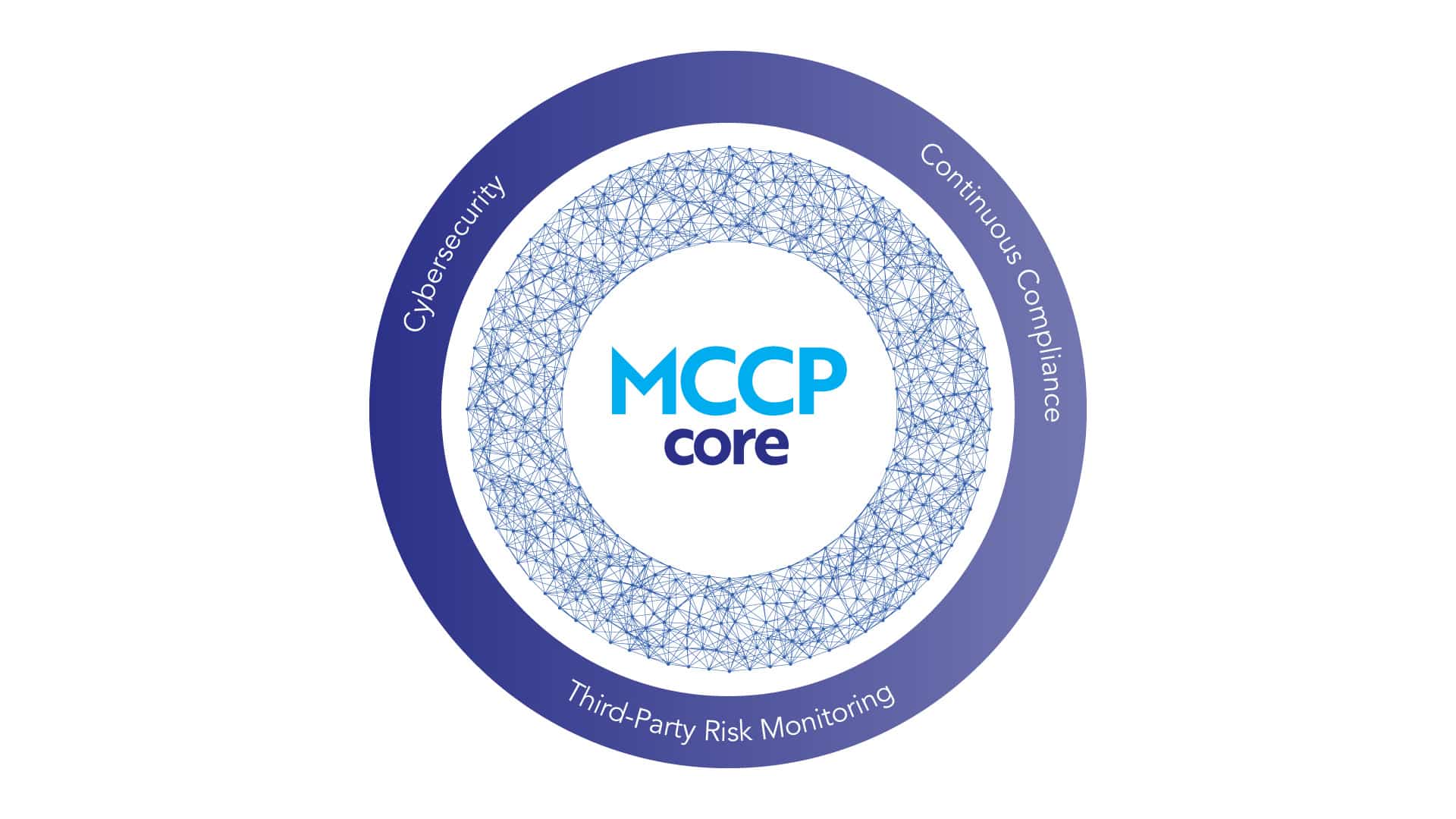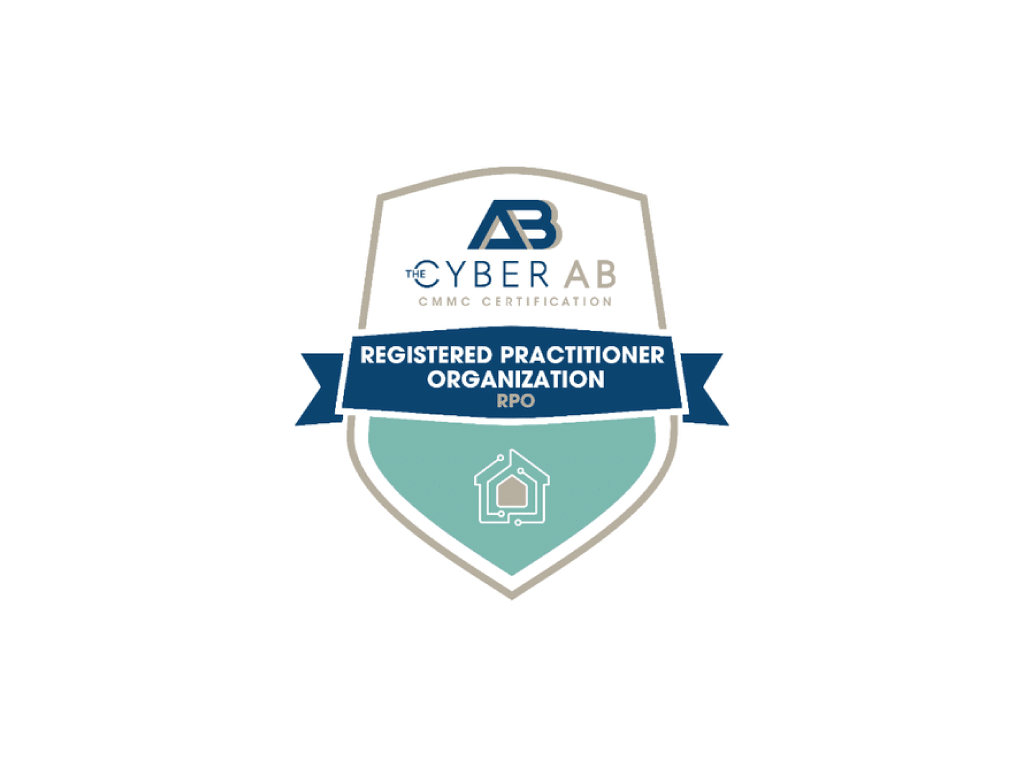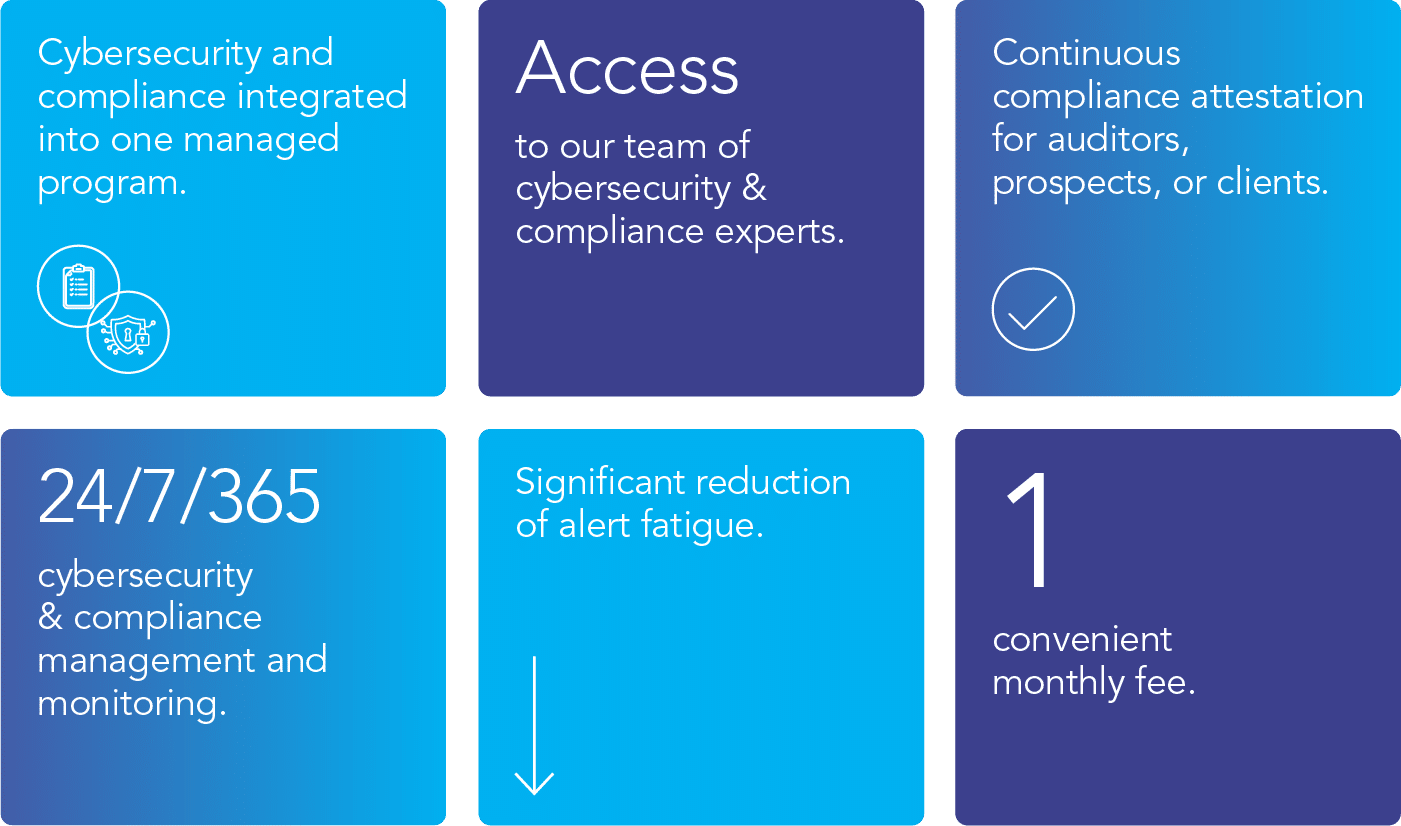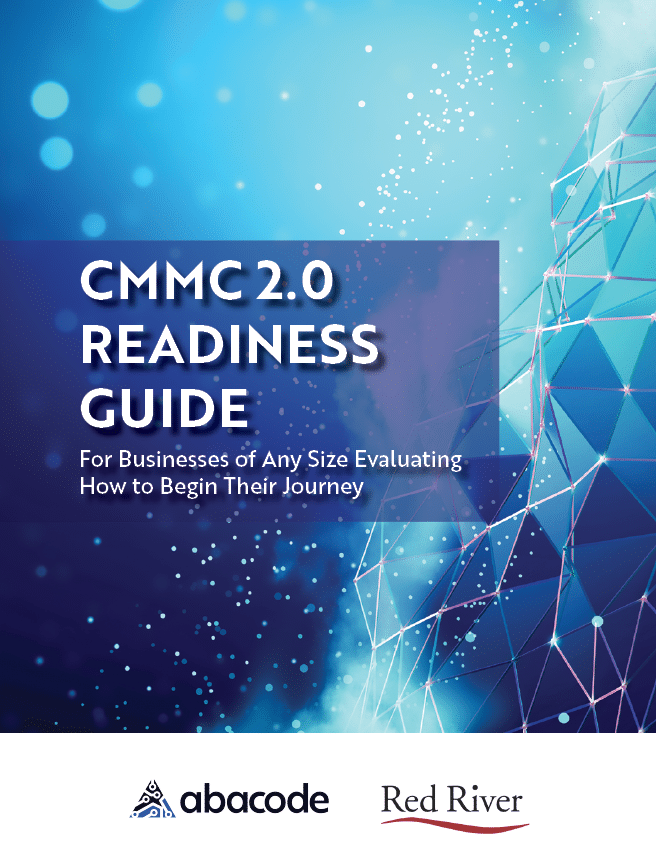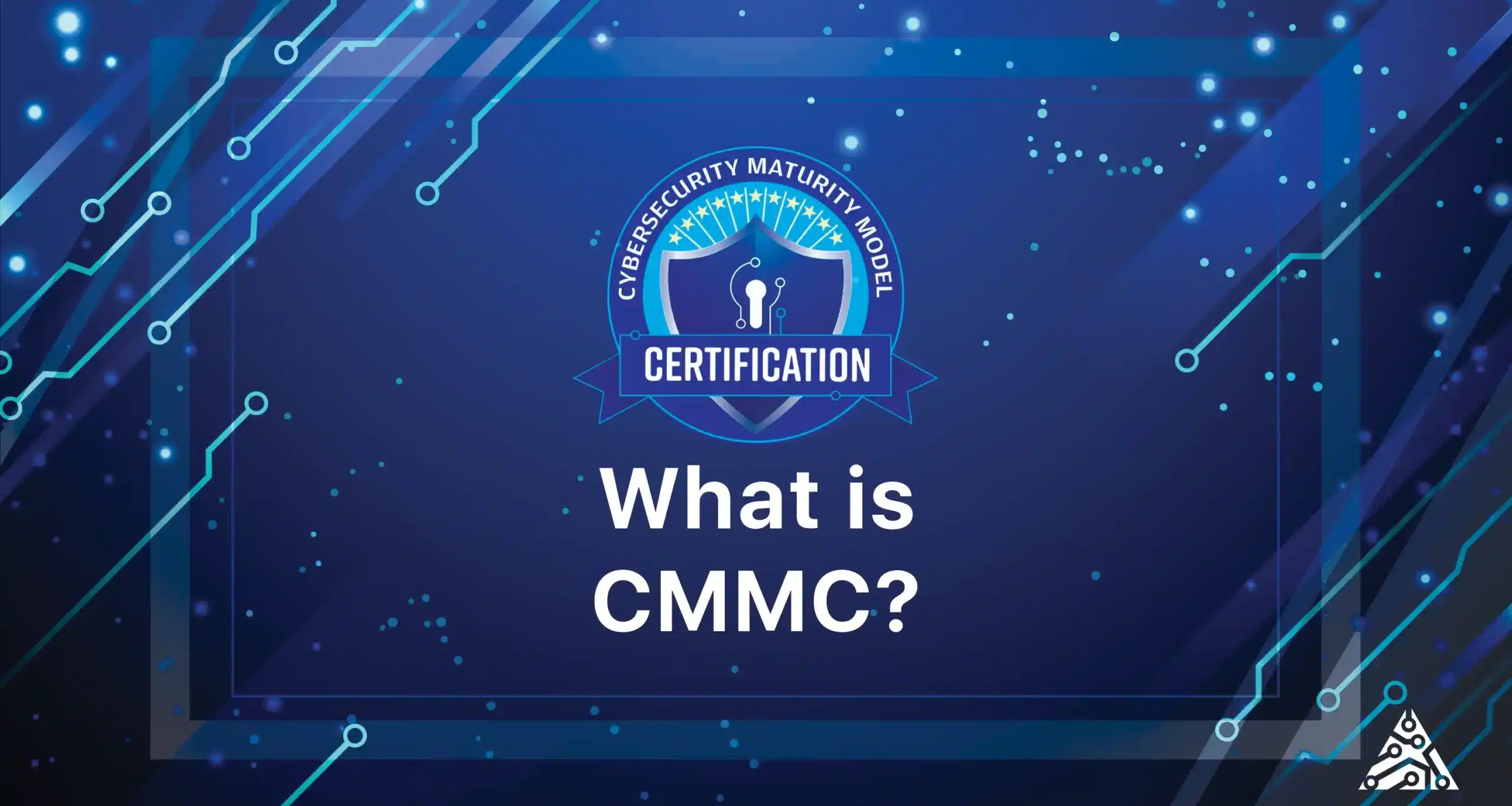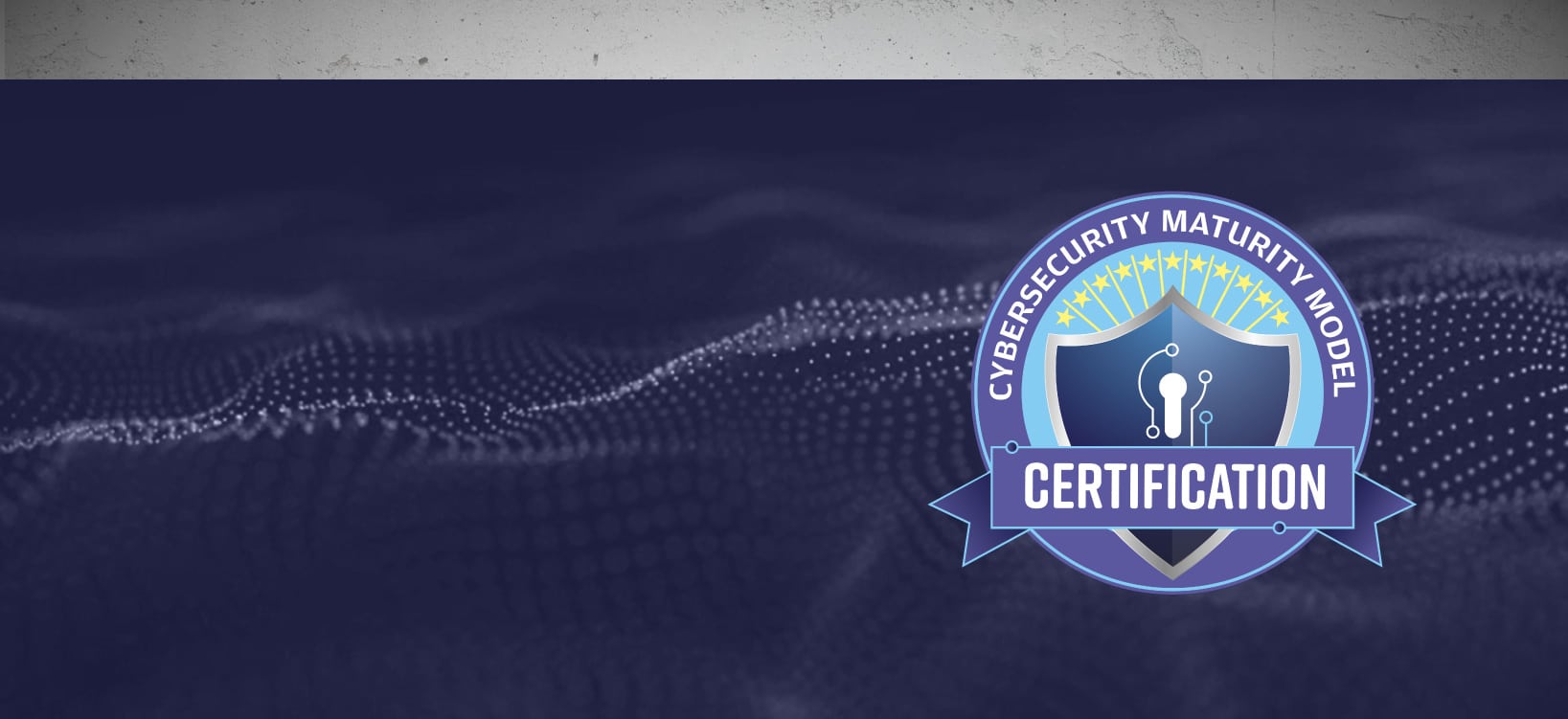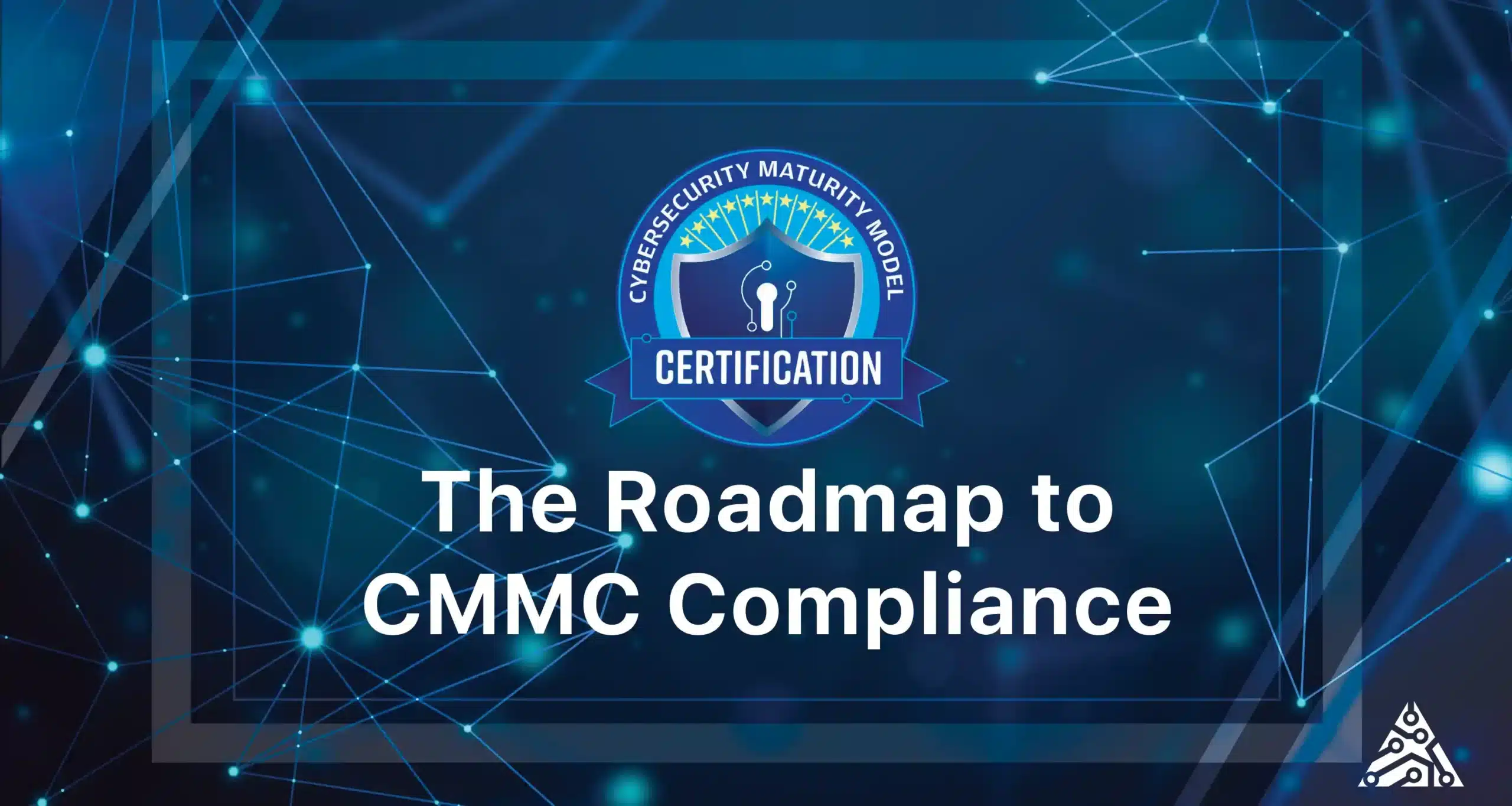
-
Protecting Your Manufacturing Operations
Cyber incidents can shut down operations, causing significant financial losses. Despite misconceptions, manufacturers are prime targets due to their perceived vulnerabilities.
-
Most Targeted Industry
25.7% – Manufacturing accounts for over a quarter of global cyberattacks, making it the most targeted sector. Are you prepared?
-
Cost of a Breach
$5.56M – The average cost of a data breach in manufacturing is $5.56 million. A single incident can disrupt operations and erode trust.
-
Manufacturing Ransomware
54% – More than half of ransomware attacks in 2023 hit manufacturers, leading to costly production shutdowns and lost revenue.
-
Human Error
95% – Human error is behind 95% of breaches. Strengthening cybersecurity awareness and protocols is critical to reducing risk.
-
The Abacode Solution
Abacode’s MCCP Core services provide manufacturers with comprehensive cybersecurity and compliance solutions, including 24/7 SOC monitoring, GRC services, and SCOUT™ for third-party risk management, simplifying complexity and ensuring continuous protection and compliance.
Focus on Manufacturing, Leave Cybersecurity to Us
-
CMMC Compliance for Manufacturers
Abacode’s CMMC program helps manufacturers meet and maintain compliance with expert guidance and ongoing support. As a Cyber AB certified RPO, we ensure readiness for assessments and continuous compliance, enabling you to protect Controlled Unclassified Information (CUI) and secure new contracts with DoD and prime vendors.
Learn more about CMMC compliance:

Why Manufacturers Choose Abacode
From a Happy Manufacturing Customer
“We engaged Abacode about a year ago to assist with a vulnerability assessment and had a great experience working with them. Shortly thereafter, we realized we had revenue at risk due to the upcoming CMMC requirements, so they were our first call. Their team took care of everything from implementation of 24/7 Security Operations Center Monitoring, to identifying the CMMC 2.0 gaps and risks we had and are now helping us implement the controls and policies we need to retain and grow business with our prime contractors in aerospace and the DoD. Abacode has helped our business mature and grow, and that is why we will continue to rely on them for our cybersecurity and compliance needs.”
-Nate Valentin
Director, Digital and Innovation / ADAMS

Ready to make digital peace of mind accessible for your manufacturing operations?
Abacode’s comprehensive cyber defense and compliance services are designed to address the unique challenges faced by manufacturers. Fill out the form to get your questions answered by one of our cybersecurity & compliance experts. Let us guide you from where you are to where you need to be, ensuring your manufacturing processes remain secure and compliant.








